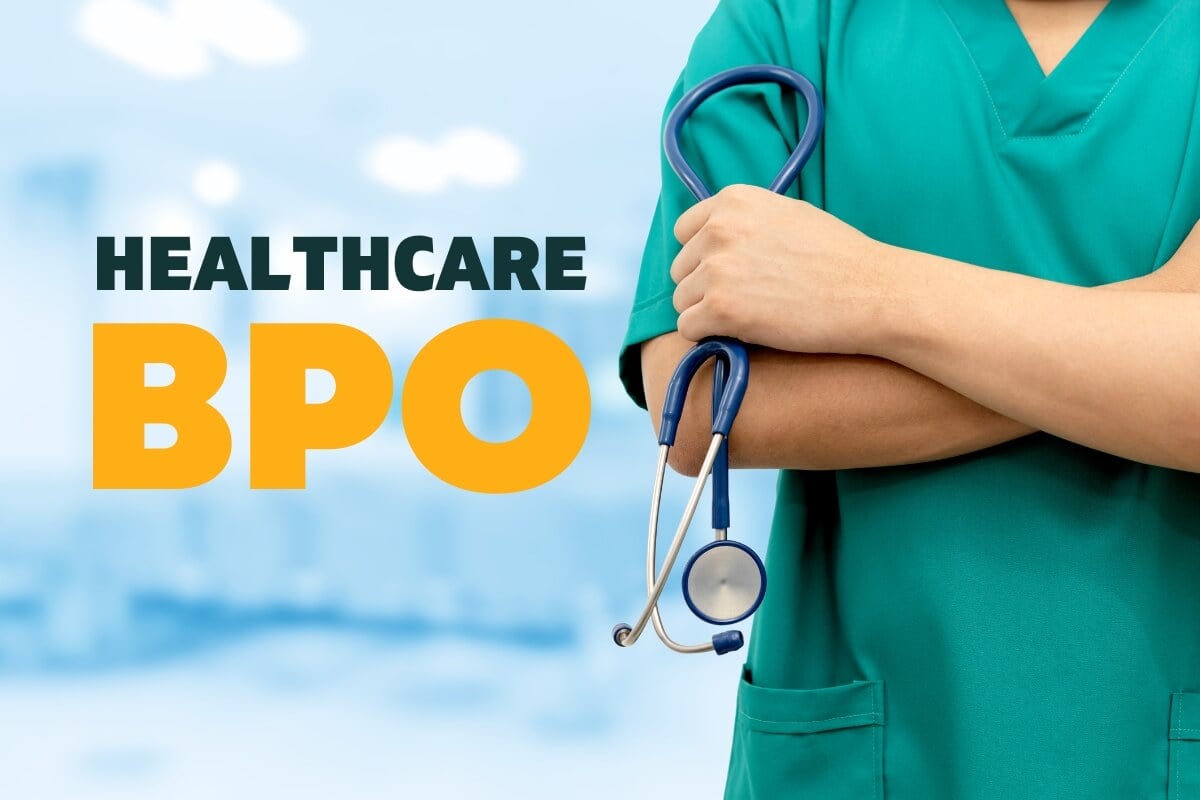Understanding the Duty of Medical Care RCM in Enhancing Economic Efficiency and Client Fulfillment
Browsing the intricacies of Healthcare Profits Cycle Monitoring (RCM) is crucial for achieving ideal monetary performance while concurrently raising individual satisfaction. RCM's ability to simplify invoicing, make sure accurate coding, and accelerate cases processing stands as a keystone of contemporary medical care procedures. Nonetheless, the nuanced interaction between these elements warrants a more detailed evaluation to fully appreciate their effect on both healthcare suppliers and individuals. As we explore the transformative capacity of RCM, inquiries regarding its calculated execution and future advancements bid, encouraging insights that can redefine market criteria and client experiences alike.

Trick Elements of RCM
In the complex landscape of healthcare, Earnings Cycle Monitoring (RCM) is critical in ensuring economic stability and operational efficiency. Person registration and qualification verification are fundamental steps, guaranteeing that exact client details is captured and insurance policy coverage is verified prior to services are provided.

Cost capture is one more vital element, including the precise recording of solutions offered to individuals. It ensures that all billable solutions are represented, therefore making the most of earnings potential. Concurrently, clinical coding translates patient encounters into standard codes, which are important for payment and regulatory compliance.
Cases submission and administration adhere to, entailing the preparation and submission of claims to payers. This procedure calls for meticulous attention to detail to lessen mistakes and prevent hold-ups. Rejection management is an aggressive method to resolve and resolve denied insurance claims, guarding income streams.
Finally, repayment publishing and individual collections finish the cycle, ensuring settlements are accurately recorded and impressive equilibriums are gone after. With each other, these elements develop a robust framework that supports the operational and financial health of medical care companies.
Effect On Financial Efficiency
Effective Earnings Cycle Administration (RCM) significantly affects a medical care company's monetary efficiency by optimizing capital and decreasing profits leak. RCM incorporates the detailed billing and collection processes that make certain medical care companies efficiently handle their monetary purchases from person enrollment to final settlement. By enhancing these processes, companies can lessen rejected claims, quicken repayment cycles, and improve total monetary wellness.
Financial efficiency is improved via careful administration of invoicing treatments, which includes exact coding and timely submission of insurance claims. This minimizes the chance of insurance claim rejections and beings rejected, which can considerably prevent profits flow otherwise resolved immediately. In addition, integrating sophisticated technology solutions facilitates real-time tracking of insurance claims and economic metrics, providing medical care managers with the tools necessary to make informed strategic decisions.

Enhancing Individual Satisfaction
While enhancing economic efficiency is a crucial objective of Profits Cycle Monitoring (RCM), it also plays a critical function in boosting client satisfaction. Patients today demand openness, effectiveness, and precision in their medical care interactions. RCM systems simplify these processes, offering individuals a smooth experience from appointment organizing to settlement. use this link By reducing administrative problems, RCM permits doctor to concentrate extra on patient care, which directly improves client fulfillment.

RCM also improves patient satisfaction with effective interaction. By preserving a comprehensive data source of patient info, RCM facilitates enhanced interaction between people and health care companies, ensuring individuals really feel informed and valued.
Approaches for Effective RCM
Attaining reliable Profits Cycle Monitoring (RCM) needs medical care organizations to implement a collection of tactical methods that make certain financial stability and functional performance. One crucial method is the adoption of technology-driven remedies, such as incorporated software platforms that enhance payment procedures, reduce errors, and improve information precision. These systems make it possible for real-time monitoring of financial metrics, enabling timely recognition and rectification of ineffectiveness.
An additional approach is the standardization of procedures throughout the income cycle. Healthcare RCM. This entails developing consistent policies for patient registration, insurance verification, and claims processing. By making sure that all personnel comply with these requirements, companies can lessen disparities and accelerate repayment collections
Personnel training and development also play a critical role in reliable RCM. Trained employees can effectively browse complicated invoicing procedures and policies, improving and lowering rejections capital. Regular updates on plan changes and ideal techniques assist maintain a educated and competent workforce.
Future Trends in RCM
As health care organizations improve their Income Cycle Monitoring (RCM) techniques with modern technology and standard procedures, interest is currently turning in the direction of the future trends forming this crucial location. One significant trend is the assimilation of expert system (AI) and equipment learning to automate complicated get more tasks, such as insurance claims refining and predictive analytics. These innovations are expected to decrease mistakes, increase transaction times, and supply data-driven insights for much better decision-making.
In addition, the change in the direction of value-based care remains to influence RCM techniques - Healthcare RCM. Doctor are anticipated to increasingly concentrate on individual results and satisfaction, necessitating RCM systems that can fit new reimbursement designs. This shift will certainly require more detailed data collection and analysis to successfully gauge and report on efficiency metrics
Interoperability is another emerging priority, as smooth data exchange between disparate systems ends up being crucial. Boosted interoperability will facilitate even more accurate client info sharing, minimizing management problems and boosting the client experience.
Verdict
Healthcare Revenue Cycle Management (RCM) considerably influences both financial performance and patient contentment by maximizing payment procedures, making sure exact coding, and allowing timely claims entry. Efficient RCM decreases revenue leak and increases cash money flow, decreasing claim rejections and expediting repayments. This effectiveness promotes trust and satisfaction amongst clients. RCM systems also facilitate better interaction and versatile payment alternatives, producing a patient-centered experience. Future RCM trends will likely concentrate on additional incorporating innovation to enhance these advantages.
Browsing the complexities of Medical care Revenue Cycle Administration Learn More (RCM) is essential for accomplishing optimum monetary efficiency while all at once elevating client contentment. RCM encompasses the thorough billing and collection processes that make sure health care providers effectively handle their economic transactions from client enrollment to last payment. By minimizing administrative concerns, RCM enables medical care service providers to concentrate extra on patient care, which directly boosts individual satisfaction.
By preserving a comprehensive data source of person information, RCM promotes improved communication between patients and health care suppliers, making certain people really feel informed and valued.Medical Care Income Cycle Monitoring (RCM) significantly influences both monetary efficiency and person fulfillment by maximizing invoicing processes, making sure specific coding, and allowing punctual cases submission.